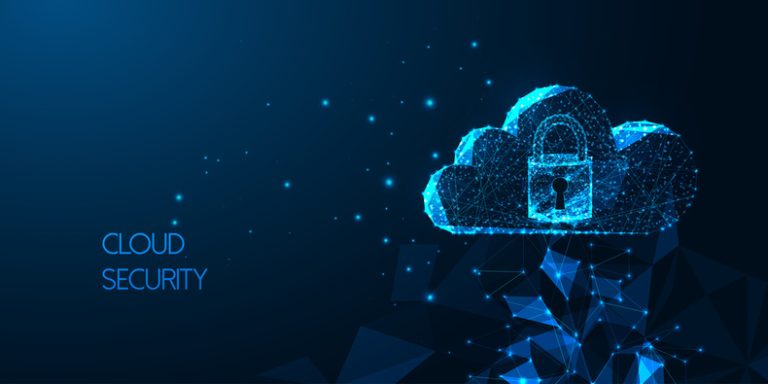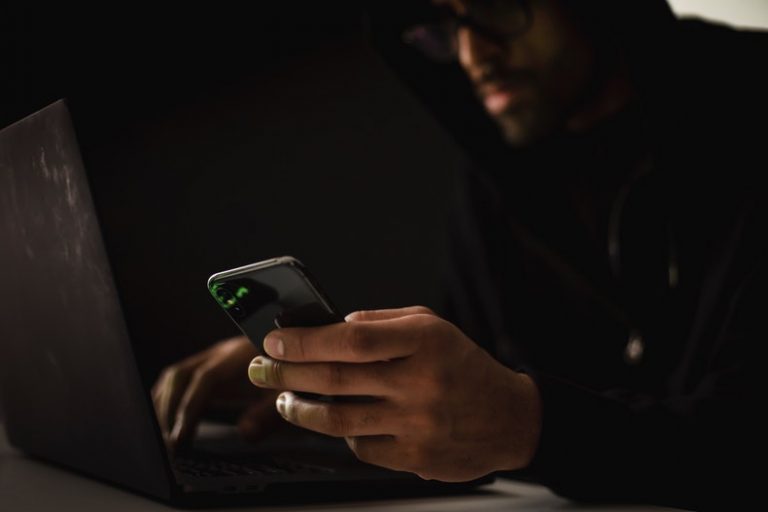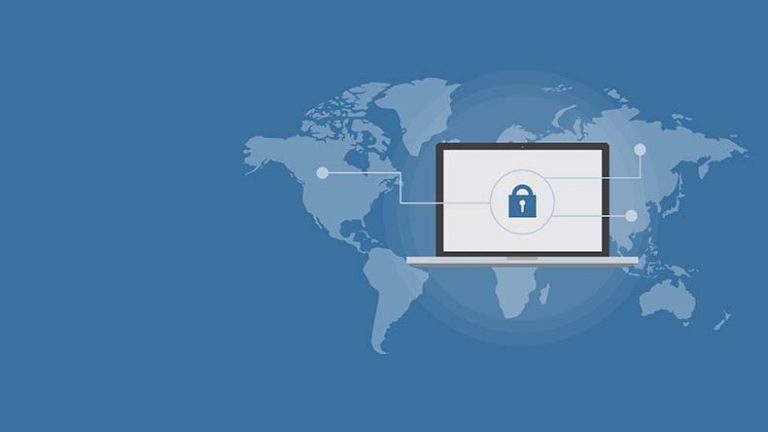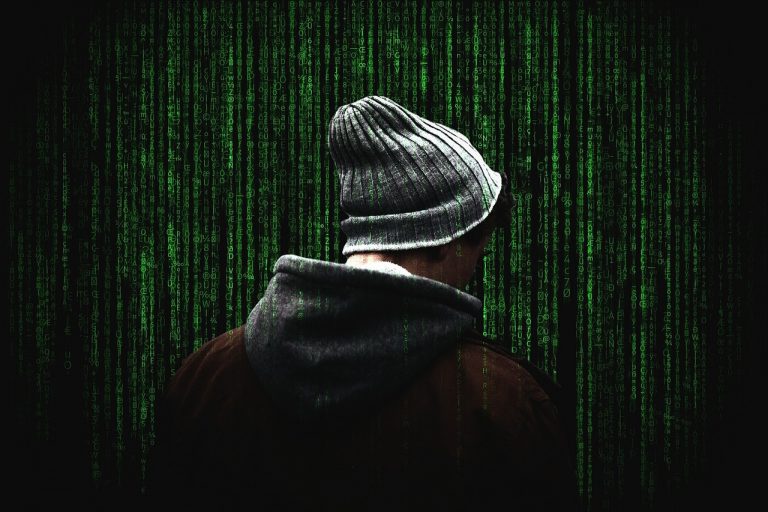How Can Cyber Criminals Get Caught?
Stories about cyber crooks getting away with millions continue to pop up on our feeds, causing fear & uncertainty. It’s at the point where the average person rightfully wonders whether anyone is doing anything to catch and punish the scoundrels.
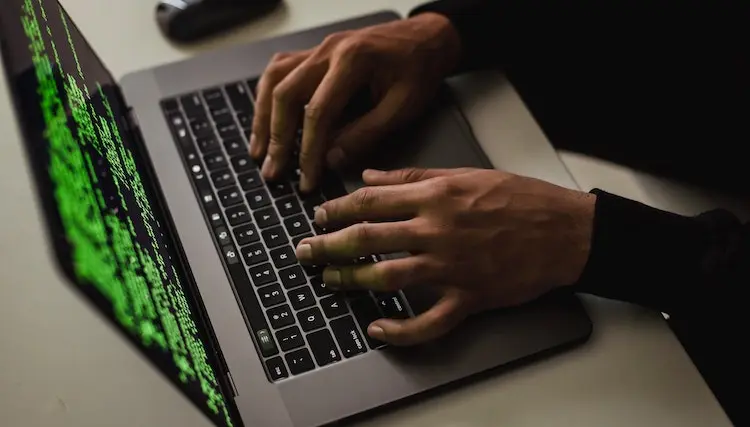
Cybercrime might be spreading, but so is awareness of how to combat it. This article explores why it’s so tricky to catch cyber crooks in the act. It highlights the steps governments, police, and cybersecurity experts are taking to put them behind bars. Finally, it provides a few helpful tips on how to avoid becoming a victim yourself.
Why Is Catching Cyber Criminals a Challenge?
Cybercrime is one of the most sophisticated illegal activities we face. Some Cyber crooks lack experience and finesse. However, many more are tech-savvy and organized. They share illicit information and strategies on how to get more. They also understand what kind of tracks their activities leave behind and have developed means of erasing them.
These criminals are confident, with good reason. On the one hand, they develop sophisticated infiltration techniques. These let them infect a system and exploit it for months before becoming suspicious. On the other, the number of reported attacks represents only a fraction of incidents that actually happened. It’s not uncommon for victims to suffer the loss and move on so they don’t suffer reputation damage as well.
Even if someone reports the crime, the chances of prosecution are slim. Collecting evidence on cybercrime is painstaking. Such evidence helps the authorities build a case. Sadly, it might not stand up in court.
There’s also the matter of jurisdiction. Hackers often operate out of different countries and use tools that hide their location and communication. It’s unlikely that they’ll suffer any consequences if there are no treaties between their home country and those of the victims.
All these factors converge to create a situation where far less than 1% of criminals get prosecuted, let alone convicted. Those who get caught can serve jail time for the most severe offenses. They get off with fines more often than not, though.
How Can We Fight Back?
While there are still lone-wolf hackers out there, most serious cyber criminals are part of a collective. This allows them to share info, coordinate attacks, and cover each other more efficiently. Authorities around the world have only recently begun to adopt a similar approach.
International coordination and cybersecurity growth
On a global scale, catching these crooks is a matter of international cooperation. Various national law enforcement agencies need to more openly share their information and best practices that lead to exposing and shutting such criminal operations down.
Individual countries are aware that having a robust cybersecurity arm of law enforcement is necessary to combat such threats more efficiently. There’s a high demand for cybersecurity experts in the US, Canada, and Europe. This demand is only going to increase as cyberattacks continue to ramp up.
Public-private partnerships
The public sector is slow to adopt new technologies and cybersecurity practices. Healthcare is particularly vulnerable since it collects diverse Personally Identifiable Information (PII). Legacy hardware and a lack of cybersecurity awareness only make things worse.
The solution is to engage private entities specializing in threat prevention to cooperate with the public sector. They can raise awareness, provide training and equipment, and instill a culture of awareness. This lowers vulnerability by decreasing the chances of human error. It also helps identify and expose suspicious activity sooner.
Threat intelligence sharing
Coordination is key when exposing cyberattacks, and many companies fall short. For example, a member of one department may detect anomalous network behavior and dismiss it. If it’s standard policy to inform other departments, a threat could get identified and contained sooner.
That’s why threat intelligence sharing is a pivotal shift in how companies view cybersecurity. The practice only works if everyone openly communicates about and collaborates on combating emerging threats.
The importance of digital forensics
Even careful criminals leave traces of their activities behind. Greater awareness and coordination make exposing them more likely. However, criminal activity can’t become evidence unless it is handled properly. That’s where digital forensics comes in. It’s the practice of systematically and scientifically uncovering, collecting and preserving data.
Such data is more likely to pass as evidence and put hackers away. Successful digital forensics requires the cooperation of police with cybersecurity and legal professionals.
How Not to Become a Victim
Governments are increasingly aware of the need to update their legal frameworks and strengthen law enforcement’s cybersecurity divisions to combat this type of crime. Even so, the best thing companies and citizens can do is implement protective measures themselves.
Eliminating human error already goes a long way. If you don’t know already, learn to recognize phishing emails and suspicious social media activity.
- Secure your most sensitive files with document storage on a cloud platform since these offer both strong encryption and redundancies.
- Make sure you’re not reusing passwords, and get a password manager if there are too many to handle.
- Protect your most valuable accounts with two-factor authentication so they stay secure even if someone compromises their password.
- Be wary of what you share and who you interact with online.
- Avoid visiting suspicious sites with tempting offers that look too good to be true.
- Don’t connect to public Wi-Fi networks, or use a VPN with malware protection when you do.
- Only enter payment information on websites that encrypt their communication, as noted by “HTTPS” at the start of their address.


